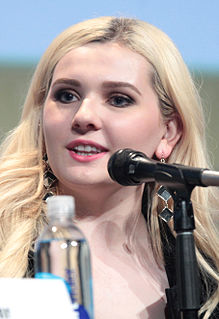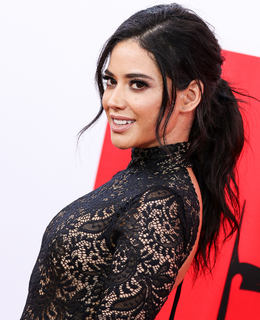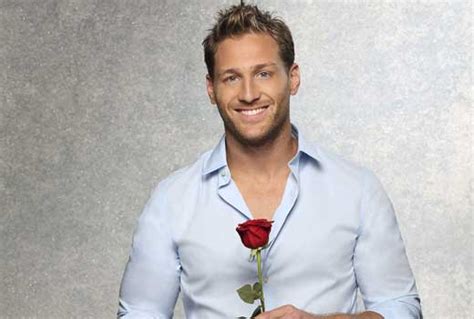A Quote by Blase J. Cupich
I don't think sometimes people in positions of leadership in the church really engage gay and lesbian people and talk to them and get to know about their lives.
Related Quotes
I think what Lawrence did was provide an assurance that gay and lesbian couples could live openly in society as free people and start families and raise families and participate fully in their communities without fear. And two things flowed from that, I think. One is that has brought us to the point where we understand now in a way even that we did not fully understand in Lawrence, that gay and lesbian people and gay and lesbian couples are full and equal members of the community.
Historically it has been a touchy subject, especially in the south where I am from, people don't really talk about it. If they do talk about it, it is often talked about negatively. Nowadays in light of the Black Lives Matter movement I think people should pay attention to these lives also. I think the Black community will really embrace the film [Moonlight]. It is about us. It is real.
I still hear people say that I should not be talking about the rights of lesbian and gay people and I should stick to the issue of racial justice. But I hasten to remind them that Martin Luther King Jr. said, 'Injustice anywhere is a threat to justice everywhere.' I appeal to everyone who believes in Martin Luther King Jr.'s dream to make room at the table of brother- and sisterhood for lesbian and gay people.
I think it's really easy for people to point out hypocrisy in people's lives. It's like yeah, I get on planes a lot, and I drank from a plastic water bottle today - you know what I'm saying? A lot of people would just be like, "Oh, you're a hypocrite. You live in an ecovillage for a month, and then you fly around the world to talk about a movie." Don't think that I don't think about those things! Don't think that that's not, like, a quandary in my life. It can be a pretty intense ethical dilemma. I think it's about figuring out, you know, navigating life.
I did think Justice [Antony] Kennedy's opinion on Lawrence was critical to that because it really, what Lawrence in one sense was, of course, about consensual sex being something that the government can't regulate. But really in a more fundamental sense, what it was saying, "Look. Gay people are normal people, and they get to live normal lives. They're not criminals by virtue of the fact of being gay."
I think people sometimes get the wrong impression when they're like, Oh, well, so-and-so was straight and then she was gay, and now she's straight again, you know? But it's like, how many times do I have to kiss a woman before I'm gay? Everybody wants to label people. Sometimes you just fall in love with somebody, and you're really not thinking about what gender or whatever they happen to be. It think that if I happen to fall in love with a woman, everyone's going to make a big deal out of it. But if I happen to fall in love with a man, nobody cares.
I am a nonbeliever myself. But I think there's so much about religion that is not factual in nature as to why people engage with it and what it means to them. You can debunk why you think there's no physical evidence for God and why the story of Jesus didn't really happen that way and stuff like that all the live-long day, and it's not going to make a difference to what role religion has in people's lives and how they feel about it and how it makes their lives better or worse.





































